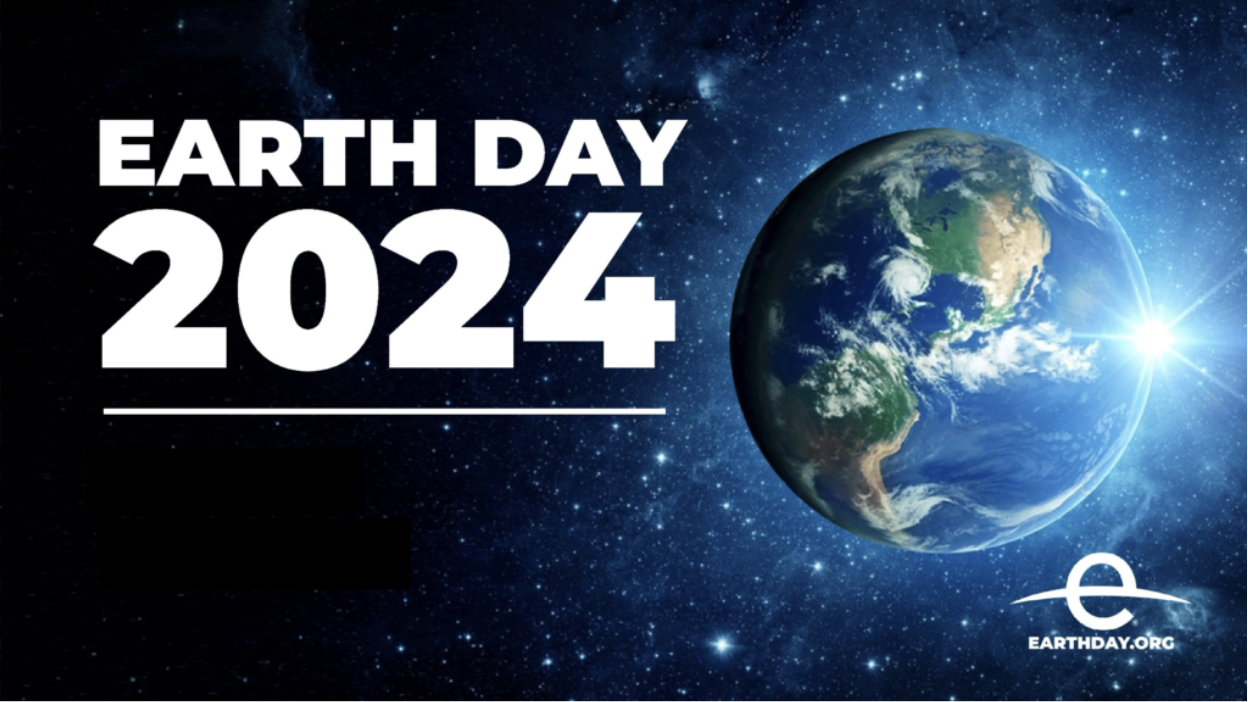On Monday 22nd of April, there was a global celebration of the annual Earth Day. This year’s theme is “Planet vs Plastics,” a call for the end of plastics “for the sake of human and planetary health” (Leyva). Each year, over one billion people participate in public campaigns to advocate for issues of global importance, making Earth Day one of the largest public events in the world (National Geographic). This article will explain the history of Earth Day, as well as some insights into this year’s goal and some tips on how to help reduce plastic consumption in your own life.
The first Earth Day was celebrated back in 1970, and was started by a Wisconsin senator who had been inspired by the collegiate anti-war movements of the 60s. This senator organized teach-ins on various college campuses to raise awareness for air pollution. The annual celebration spurred new legislation in the United States, which led to the creation of many pioneering environmental laws. Some examples include the Endangered Species Act, Toxics Substances Control Act, the Resource Conservation and Recovery Act, the Clean Air Act and Clean Water Act, among others (Earthday.org). Nowadays, every Earth Day, over a billion people gather to participate in events, either by advocating online or attending protests in person.
This year, the goal is to stand strong in our commitment to reduce all plastic by 60% by the year 2040. Supporters of Earth Day have been advocating for awareness of the widespread effects of microplastics on health and the environment. So-called Great Global Cleanup Events have been created across the world in support of this cause, with the goal of collecting as much plastic waste as possible. A push for more countries to adopt the Global Plastics Treaty is also one of the key focus points for 2024.
So, what can you do in your own life to help this cause?
Take a look around your house and notice all the plastic items that are lying around. These could be as simple as shopping bags or single-use water bottles. Now, think and do research on any alternatives that could be used instead of these objects. For example, if you go shopping regularly, why not use a paper bag, or invest in some reusable plastic bags? If you throw your water bottles in the trash every day, why not buy a metal bottle and recycle the plastic ones? There are many small reductions in your plastic consumption that you can make around the house. Keep in mind that every little contribution helps the environment and take steps to increase your conscientiousness when it comes to the natural world around you. Even if you might be doing all these things, the point of Earth Day is to raise awareness, so consider telling friends or family about all the things they can do to help out. Remember that we all live on the same planet, and becoming less plastic dependent is just one of the steps on the road to solving global environmental issues. To conclude, the annual Earth Day is a celebration of central importance, promoting our planet’s fight against climate change and unveiling the negative impacts of human activities.
Works Cited
- “Earth Day.” Education, National Geographic, education.nationalgeographic.org/resource/earth-day/. Accessed 27 Apr. 2024.
- Leyva, Diana. “Earth Day 2024: Why Is It Celebrated and What’s the Significance? How to Get Involved.” The Tennessean, Nashville Tennessean, 22 Apr. 2024, eu.tennessean.com/story/news/2024/04/22/earth-day-2024-get-to-know-the-history-theme-and-significance/73382281007/#:~:text=The%20theme%20for%20Earth%20 Day,build%20a%20plastic%2Dfree%20future.
- “The History of Earth Day.” Earth Day, 23 Jan. 2024, earthday.org/history/.

